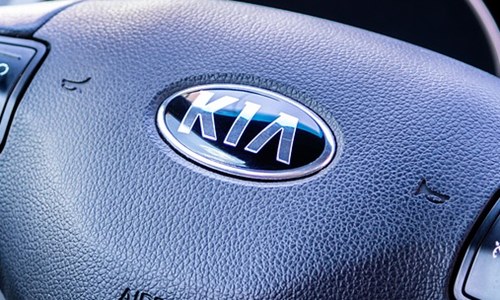
In a bid to increase the number of vehicles operating on environment-friendly resources, South Korea has reportedly begun its local supplies of a newly built fuel cell hydrogen bus. The nation has spent 16.1 billion won (13.4 million US dollars) to build new hydrogen-powered electric buses. According to the Ministry of Trade, Industry and Energy, one of the buses which started production this month were delivered to a Jeonju-based bus operator. The ministry added that the vehicle can cover 450 km at a maximum charge. As of this month, South Korea has 15 buses and 10 trucks running on hydrogen. Throughout 2020, the country plans to add at least 80 new trucks to the market. The government aims to support the hydrogen economy and to slowly phase out nuclear power plants by eliminating old and not building any new reactors. Hydrogen is considered as an environmentally friendly alternative to fossil fuels because resource-powered cars produce water during electricity production. It can be produced as an industrial by-product, including petrochemical plants. By the end of June, South Koreas total number of hydrogen fuel cell cars reached 7,682, up from just 87 vehicles in 2016. A two-year pilot program was launched in May by South Korea to test hydrogen trucks in connection with local logistics companies. The country plans to increase the number, by the end of this year, of hydrogen charging stations from 34 to 100 by the end of 2020, and to 450 by 2025. In the last month, the nation also announced a long-term plan to increase the power share of the nation’s energy infrastructure from an existing share of 15% to 40% by 2034. The nation is taking proactive steps to generate clean power from renewable energy sources rather than depending on conventional power sources such as nuclear and thermal power plants. Source credit - https://en.yna.co.kr/view/AEN20200729000800320




